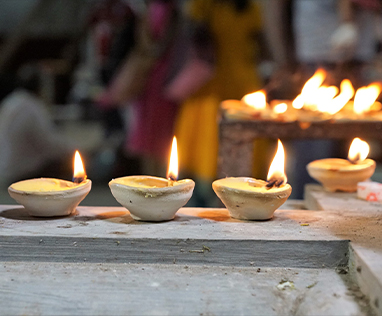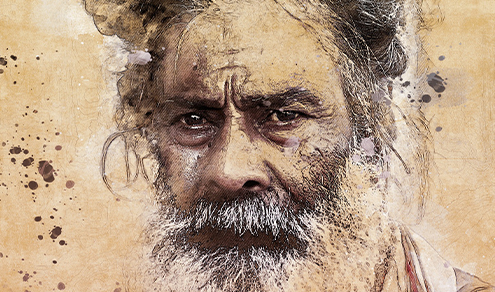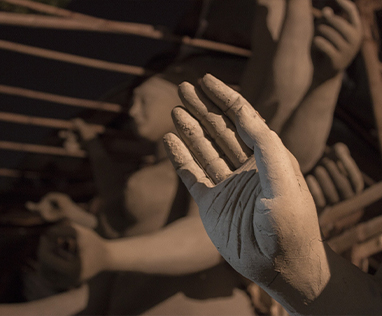Spiritual guidance is an ancient tradition practiced by all faiths.In Hinduism, it’s experienced with the help of Saints or Gurus,when someone help us listen and look for God’s presence in our everyday lives ; through various mantra enchanting or meditation or Daily prayers.A spiritual guide affirms our inner journey of Peace and supports our search for meaning and truth.
At OM DIVYA DARSHAN, our Gurus Walk you through a sense of deep listening by encouraging daily offerings to God & enchanting mantras to attain self realisation & meaning of life.
Spiritual guidance is an ancient tradition practiced by all faiths.In Hinduism, it’s experienced with the help of Saints or Gurus,when someone help us listen and look for God’s presence in our everyday lives ; through various mantra enchanting or meditation or Daily prayers.A spiritual guide affirms our inner journey of Peace and supports our search for meaning and truth.
At OM DIVYA DARSHAN, our Gurus Walk you through a sense of deep listening by encouraging daily offerings to God & enchanting mantras to attain self realisation & meaning of life.
Hinduism is one of a few ancient religions to survive into modern times. The collection of traditions that compose modern-day Hinduism have developed over at least the past 5000 years, beginning in the Indus Valley region (in the nations of modern India and Pakistan), in what was the largest civilization of the ancient world. There is no ‘founder’ of Hinduism, nor single prophet or initial teacher. Hindus believe their religion has no identifiable beginning or end and, as such, often refer to it as Sanatana Dharma (the ‘Eternal Way’). As for the name itself, ‘Hindu’ is a word first used by Persians, dating back to the 6th century BCE, to describe the people living beyond the Indus River. Initially it did not have a specific religious connotation. The religious meaning of the term did not develop for roughly another 1000 years.
The Vedas are one of Hinduism’s many primary religious texts
Hinduism does not have a single holy book that guides religious practice. Instead, Hinduism has a large body of spiritual texts that guide devotees. First among these are the Vedas (“knowledge” in Sanskrit), a collection of hymns on the divine forces of nature presenting key Hindu teachings. The Vedas, considered to be realized (revealed) eternal truths, were passed down via an oral tradition for thousands of years before being written down. Hindu philosophy was further developed in the Upanishads. This philosophy was restated in the Puranas, the Ramayana, and the Mahabharata (the world’s longest epic poem), as well as the Bhagavad Gita. Countless life stories, devotional poetry, and commentaries by sages and scholars have also contributed to the spiritual understanding and practice of Hindus.



The Vedas are one of Hinduism’s many primary religious texts
Hinduism does not have a single holy book that guides religious practice. Instead, Hinduism has a large body of spiritual texts that guide devotees. First among these are the Vedas (“knowledge” in Sanskrit), a collection of hymns on the divine forces of nature presenting key Hindu teachings. The Vedas, considered to be realized (revealed) eternal truths, were passed down via an oral tradition for thousands of years before being written down. Hindu philosophy was further developed in the Upanishads. This philosophy was restated in the Puranas, the Ramayana, and the Mahabharata (the world’s longest epic poem), as well as the Bhagavad Gita.
The above have also contributed to the spiritual understanding and practice of Hindus.